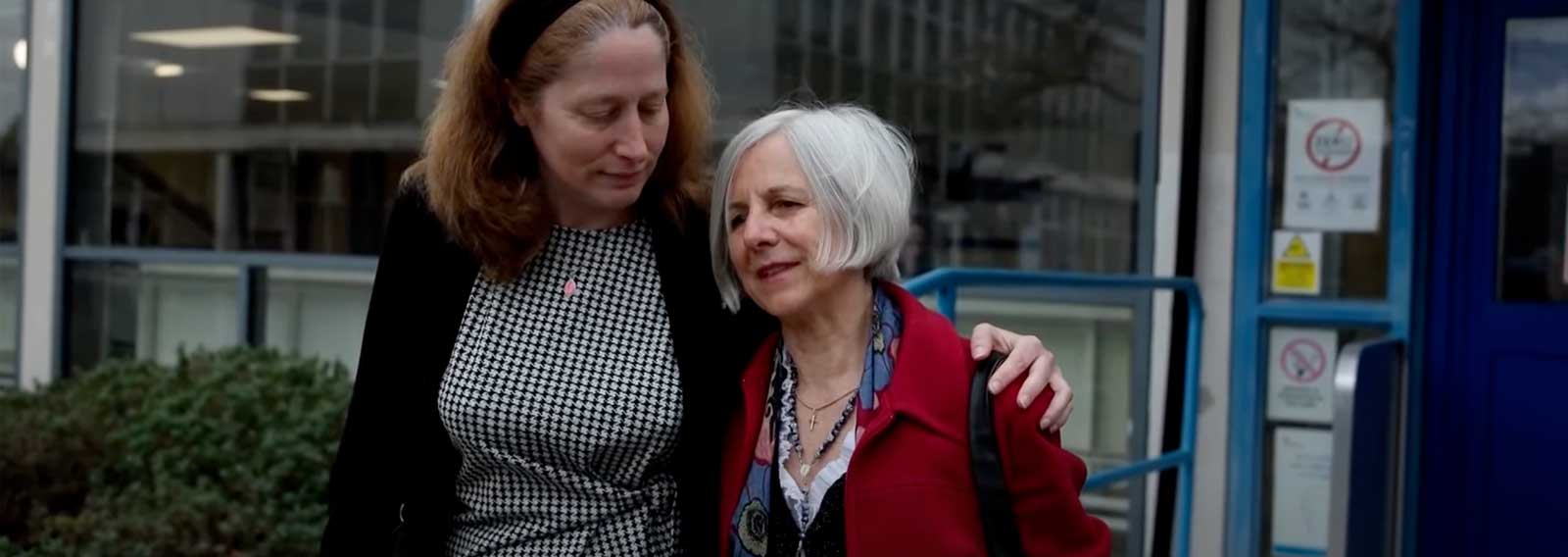We can get into real trouble when we fail to make basic distinctions. Consider the issue of truth versus opinion, or fact versus feelings. You are entitled to your own opinions, tastes and preferences, but you are not entitled to your own truth or facts. Truth is truth, and facts are facts, regardless of how you feel about them or think about them.
The law of gravity may not be to your personal liking, but it remains in place nevertheless. You can speak all you like about “my truth” but there is only THE truth. So pretend all you like that the law of gravity is just someone’s personal opinion, but if you leap off a ten-story building you will discover immediately that your mere opinion does not matter at all.
Or consider the woman who now” identifies” as a man. She can start lopping of her hair – and other bits – but she still has every single cell in her body screaming ‘female.’ Reality has a nasty way of getting in the way of our illusions and preferences. In a similar fashion, a square will always be a square, no matter how hard we try to identify it as a circle.
All this is also true in the realm of worldviews, religions, and truth claims. Contrary to what many people state, religions are NOT all the same and do not all lead to the same God. Anyone who has studied the various major world religions closely knows how very different they actually are.
Pretending they are all alike is a case of intellectual vandalism. It is also a case of seeking to short-circuit the truth. Opposing truth claims are NOT identical nor can they be readily harmonised. Sure, we want people of differing faiths to try to live peacefully with their neighbours, but that is a different matter.
All this came to the fore quite recently. In a new post about the film Sound of Freedom, I mentioned that there is a very real place for going through a doctrinal checklist, but we need not always be on the same page with someone when it comes to saving our child from sexual predators. So one gal wrote in with this comment:
I’m surprised that anyone would criticise this film on the basis of the theology of those involved in the production. We don’t judge, or even ask, about the beliefs of our doctor, our plumber or the supermarket checkout person.
I’m also surprised, Bill, that you advocate a “theological checklist” be applied to a potential marital or business associate. Having worked in several workplaces in my career, I’ve rarely known what beliefs my fellow workers hold, nor has it seemed of any relevance in the secular world of business.
I married a man from a different faith tradition and we’ve been very happy together for over 30 years. We don’t argue about theology because we both know it’s a matter of personal opinion. Who knows, we could both be wrong. We’ll never learn or consider a new viewpoint if we don’t discuss such matters with an open mind.
As I started to write a response to cover her various points, it grew longer and longer. Given that it might be of some help to others, I decided to turn it into a full-length article. So what follows is what I had said to her in reply:
Thanks. But I need to explain to you why some things DO matter when it comes to theology. Yes, a qualified pagan plumber is just fine if that is all you need. And if you are one of a dozen or a hundred workers in a business, it may not matter at all to know about some or all of their personal beliefs.
But I was referring to a quite close business association, as in when you and one other person are considering getting into an important and costly long-term business partnership. Then you WILL want to know much more about the other person, and if you are a Christian, knowing his religious beliefs can matter greatly as well.
Knowing about another person’s theological stance does matter in a number of areas – at least if you are a biblical Christian who believes Scripture and takes it seriously. I just wrote a piece featuring a list of the areas where you do need a doctrinal checklist, and another list of things that do not require such a list.
Your comment came in just after I posted that, but I see we agree on at least a few things on the lists! Let’s reconsider the matter of a marriage partner. For those who do have a high view of Scripture, we have perfectly clear injunctions such as this from the Apostle Paul in 2 Corinthians 6:14: “Do not be unequally yoked with unbelievers. For what partnership has righteousness with lawlessness? Or what fellowship has light with darkness?”
This is not mere advice, but a command of Scripture. And that verse would certainly apply to marriage, and likely to things like very close business associations as well. If one does not like that command, they should not argue with me about it, but with God, since he was the one who inspired Paul to write it.
As to the two of you getting along nicely, that is great. And in general, it is a good thing when those of differing beliefs can live harmoniously with one another. Nothing amiss there. But I am referring to something rather different here. Things like interfaith worship services – and interfaith marriages – can only really work when those involved do not take their particular faiths very seriously.
For those who think that all religion is merely a matter of “personal opinion” with nothing right or wrong, and nothing true or false, then sure, they can all live happily together in one big kum-by-yah situation. But if truth claims are at stake here – and they are – then what one believes matters enormously – and has eternal consequences.
For example, if Christianity is true, then Islam can NOT be true. Consider the core beliefs of the former: Jesus Christ is the Son of God who died on a cross for our sins and rose again. But Islam of course fully denies all that. Again, if Christianity is true, then Buddhism is not true – one need not even believe in God to be a Buddhist. So all religions are not the same, and if one is true, it will cancel out most others.
All biblical Christians believe that truth matters, and it matters for eternity. As Jesus unashamedly put it: “I am the way and the truth and the life. No one comes to the Father except through me” (John 14:6). I – and all true believers –accept that as being fully and utterly true.
Thus I cannot be a Hindu, a Muslim, or an adherent of other world religions. And I could not marry someone who fervently believed in their religion over against mine. As Scripture also says, “Can two walk together, unless they are agreed?” (Amos 3:3)
If religious claims were merely a matter of personal taste, like the flavour of ice cream, then yes, we would not need theological checklists. But if truth claims are at stake here, including the eternal destiny of every single one of us, (and they are), then yes, truth matters enormously, and it is not just a matter of personal opinion or preference. Then in certain key areas (who you hire as your minister, or who you have teaching in your seminary, e.g.) you DO want to know what another person believes.
Lastly, as to the idea of being open-minded and learning from others, again, it all depends. If you want to learn new things about how to crochet or bake a casserole or repair your car, then sure, being open-minded and willing to learn is crucial.
But that is not how it works with truth claims – whether theological, mathematical, or what have you. There are real limits in other words in wanting to keep discussing and learning when someone comes to you insisting that two plus two does not equal four.
Claiming that truth is up to each person is no better than claiming morality is relative. What if someone insists that we keep an open mind about the value of stealing and trafficking children to satisfy the sexual lusts of adults? Some things ARE wrong and we do NOT need to be open-minded about them. We do not need to learn the other person’s point of view on things like paedophilia.
So we need to reject those things which are clearly wrong, and we need to reject those things which are clearly false. Keeping an open mind on some things is a real virtue. But in other cases, some open minds need to be closed for repairs.





















